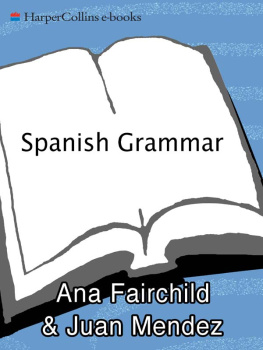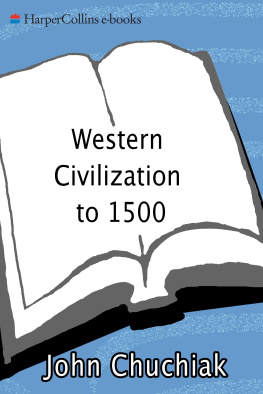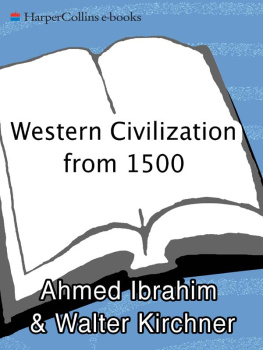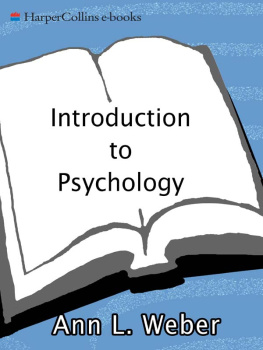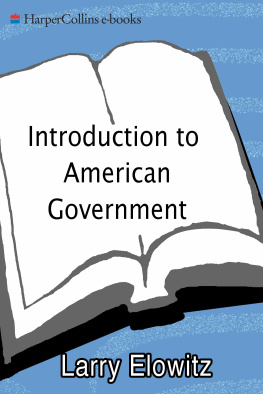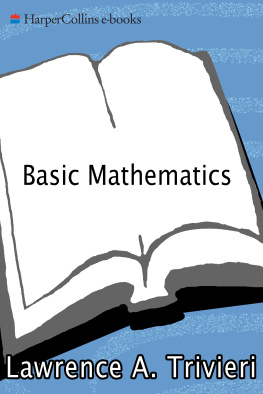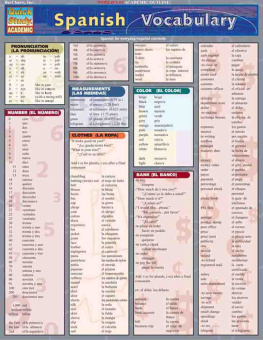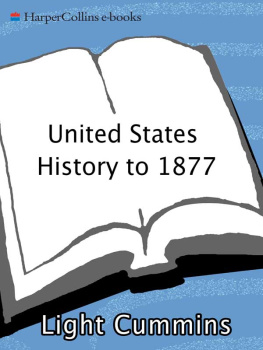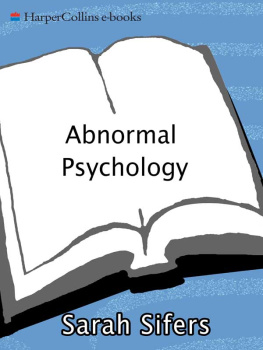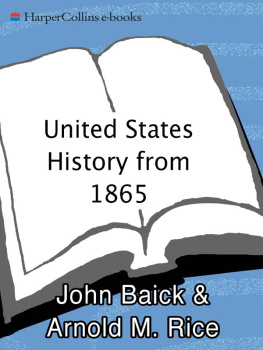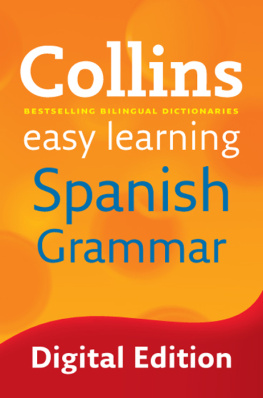Ana Fairchild - Spanish Grammar
Here you can read online Ana Fairchild - Spanish Grammar full text of the book (entire story) in english for free. Download pdf and epub, get meaning, cover and reviews about this ebook. year: 2011, publisher: HarperCollins, genre: Children. Description of the work, (preface) as well as reviews are available. Best literature library LitArk.com created for fans of good reading and offers a wide selection of genres:
Romance novel
Science fiction
Adventure
Detective
Science
History
Home and family
Prose
Art
Politics
Computer
Non-fiction
Religion
Business
Children
Humor
Choose a favorite category and find really read worthwhile books. Enjoy immersion in the world of imagination, feel the emotions of the characters or learn something new for yourself, make an fascinating discovery.
- Book:Spanish Grammar
- Author:
- Publisher:HarperCollins
- Genre:
- Year:2011
- Rating:5 / 5
- Favourites:Add to favourites
- Your mark:
Spanish Grammar: summary, description and annotation
We offer to read an annotation, description, summary or preface (depends on what the author of the book "Spanish Grammar" wrote himself). If you haven't found the necessary information about the book — write in the comments, we will try to find it.
Unlike traditional textbooks, which leave students without a clear understanding of the different tenses and moods, the Collins College Outline for Spanish Grammar is organized conceptually, explaining in detail subjunctive and imperative moods, passive voice, negatives, idioms, and the rules of accentuation. With sections on articles, adjectives, nouns, and verbs, along with a comprehensive vocabulary appendix for quick and easy reference, this is the essential guide to understanding Spanish. Completely revised and updated by Professor Ana Fairchild, this book includes a test yourself section with answers and complete explanations at the end of each chapter. Also included are bibliographies for further reading, as well as numerous vocabulary lists, exercises, and examples.
The Collins College Outlines are a completely revised, in-depth series of study guides for all areas of study, including the Humanities, Social Sciences, Mathematics, Science, Language, History, and Business. Featuring the most up-to-date information, each book is written by a seasoned professor in the field and focuses on a simplified and general overview of the subject for college students and, where appropriate, Advanced Placement students. Each Collins College Outline is fully integrated with the major curriculum for its subject and is a perfect supplement for any standard textbook.
Ana Fairchild: author's other books
Who wrote Spanish Grammar? Find out the surname, the name of the author of the book and a list of all author's works by series.

